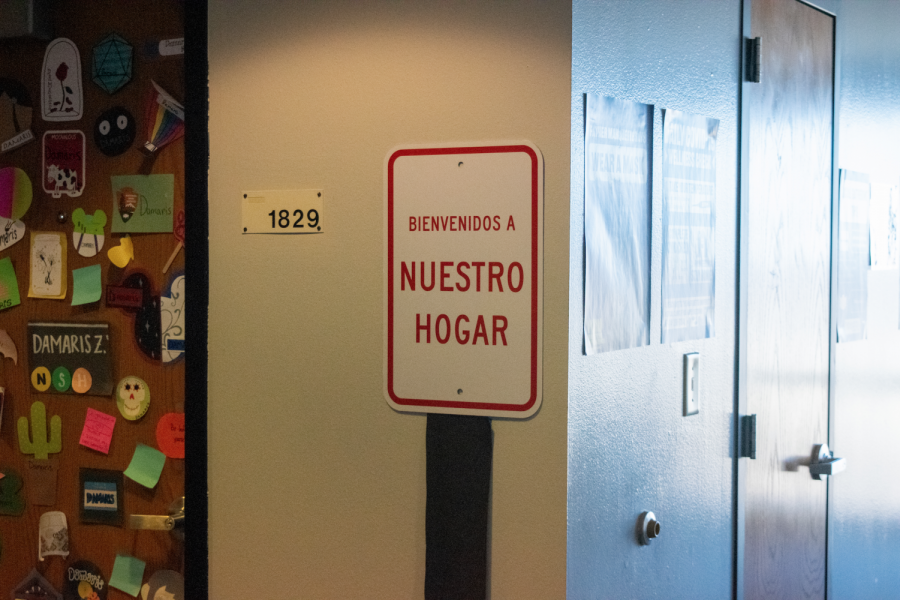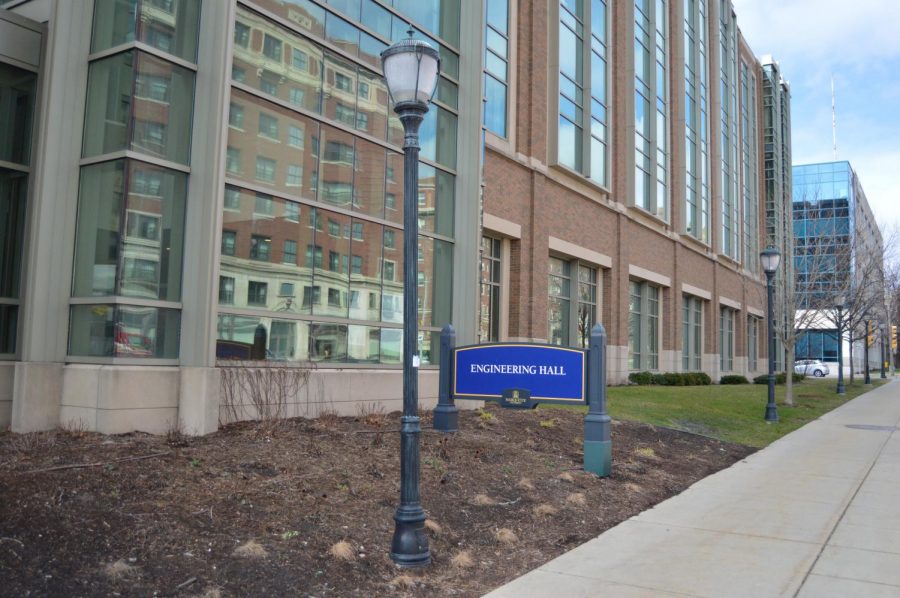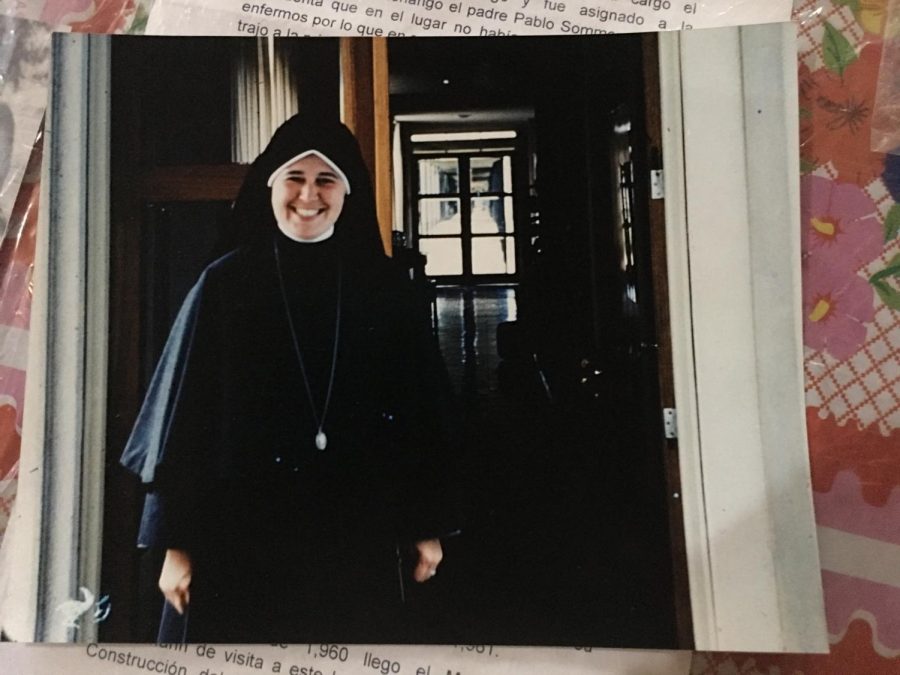After the stress of midterm exams, most students are relieved when spring break arrives. Some Marquette students, however, will be traveling both domestically and internationally next week for a variety of service trips.
One of Marquette’s oldest service programs, the Marquette Action Program, will be sending more than 100 students to 30 different host sites throughout America. Students are split into groups of four to 12 and assigned to a host site for the week.
According to the MAP Web site, each host site offers different service opportunities, such as home construction, soup kitchen work, nursing home visitation and academic tutoring.
Phil Hanson, a senior in the College of Health Sciences, traveled to New Orleans on a MAP trip last year. Hanson said the beauty of MAP trips is that they not only attempt to finish projects, but they also connect students to their designated community.
“There are social structures that support poverty, and a service trip that ignores those issues really misses the point,” Hansen said.
Edward Powers, a sophomore in the College of Health Sciences, said he was inspired to apply for the MAP program in Baltimore because of the HBO show “The Wire.” The show portrays the different economic and educational issues within the city.
“I wanted to see it for myself,” Powers said.
MARDI GRAS, a group dedicated to helping reconstruct areas of New Orleans affected by Hurricane Katrina, also undertakes service projects during spring break. According to Maggie Brueggen, MARDI GRAS vice president and a sophomore in the College of Business Administration, the organization averages approximately 70 to 75 participants on its spring and winter break trips.
While in Louisiana, the group tackles home improvement and community outreach. Traditionally, MARDI GRAS has focused on the Lower Ninth Ward, the area of New Orleans most severely affected by Hurricane Katrina in 2005, Brueggen said.
Melissa May, a sophomore in the College of Arts & Sciences and MARDI GRAS trip participant, said although Hurricane Katrina was five years ago, MARDI GRAS still has plenty of service opportunities in the area.
“Until the city is restored to its former glory of close-knit communities, unique Cajun culture, high energy, and a love for life for all its former and new residents, we will continue to contribute our efforts to rebuild,” May said.
Members of Global Business Brigades will take service to a global level when they travel to Quiche, Guatemala to perform a cost-benefit analysis of a water filtration system for the region. According to Heather Kohls, professor of economics and GBB adviser, the region’s mountain communities must currently purchase all the water they use. The GBB will work to determine whether a filtration system would be a cheaper alternative, Kohls said.
Other members of GBB will also be heading to Antigua, Guatemala to assist a local vanilla Macadamia nut farmer. The GBB will create an inventory system to keep track of donated trees and coordinate distribution of his exports. They also plan to teach him marketing strategies to further expand his business, Kohls said.
“(Students) realize the true value of what they are learning in the classroom and how it can really make a difference for people who truly need their advice,” Kohls said.
Katherine Novotny, a senior in the College of Arts & Sciences and president of GBB, said in an e-mail that the organization is an academic program that allows students to apply what they have learned in the classroom in a service setting. The program accepts a variety of majors, and skills used on GBB service trips range from accounting to marketing to foreign languages, Novotny said.
Laura Furey, graduate assistant for community service and sustainability, said she sees value in exploring service opportunities off campus.
“Maybe it’s cabin fever, but this is a great chance for students to get away while doing something good for the community,” Furey said.
Furey also said since many of Marquette’s community service efforts focus on the Milwaukee community, extended service trips enable students to diversify their interests.
“We are all global citizens, something bigger than Milwaukee,” Furey said. “If you can help one person, you never know who or what they might become. And you might be a part of that.”





